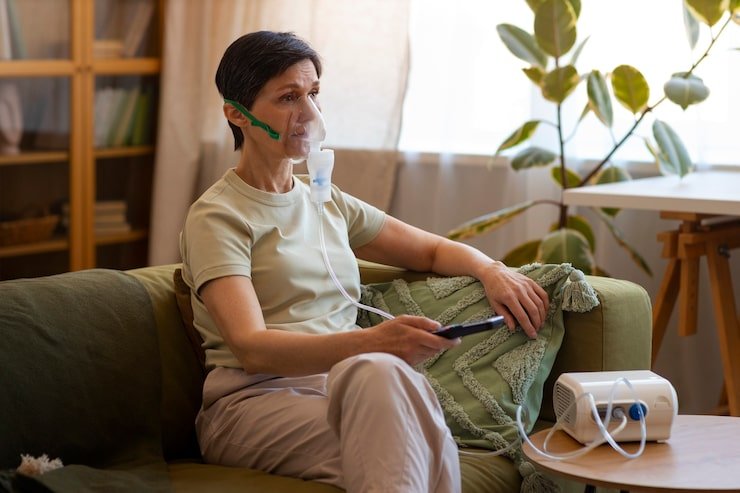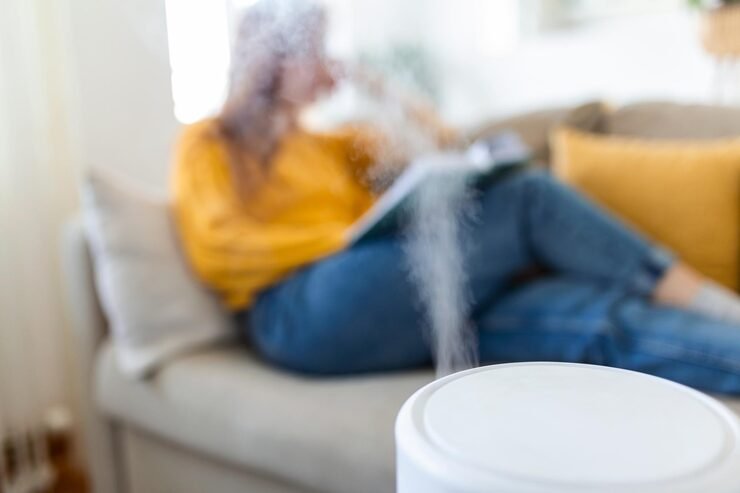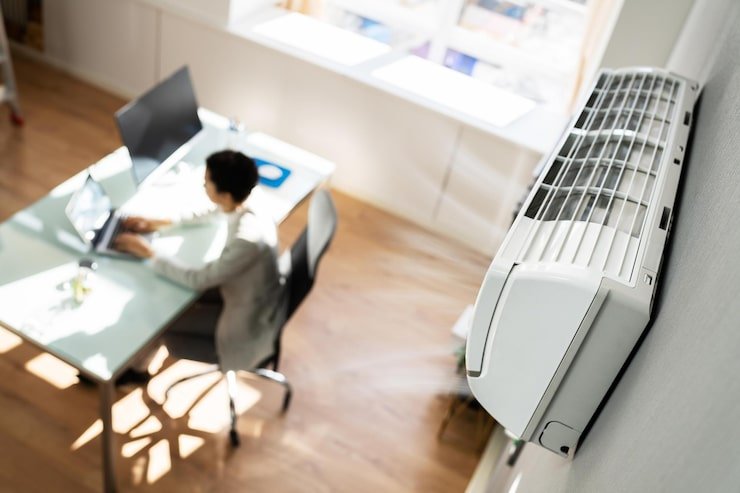How Mold Affects Children’s Health: What Parents Should Know
- admin323029
- Blog

For parents, creating a safe and healthy environment for their children is a top priority. But one hidden threat that often goes unnoticed is mold. Found in damp and humid areas of the home, mold can significantly impact your child’s health, particularly if they have allergies, asthma, or developing immune systems. Understanding the effects of mold on children’s health and taking steps like mold testing for homes can help you create a mold-free environment for your family.
Why Children Are More Vulnerable to Mold Exposure
Children are more susceptible to the effects of mold than adults due to several physiological factors. Their immune systems are still developing, making it harder for their bodies to fight off irritants. Additionally, children breathe faster than adults, which means they inhale more air—and potentially more mold spores—per minute. For babies and toddlers, who spend a significant amount of time indoors crawling or playing near the ground, the risks increase because they’re closer to the areas where mold often grows, such as carpets, baseboards, or under furniture.
Common Health Effects of Mold on Children
Exposure to mold can lead to a range of health issues, some of which may be mild and temporary, while others can have long-term consequences. Here are some of the most common effects of mold on children’s health:
Respiratory Issues
Mold spores are known to irritate the respiratory system, causing coughing, wheezing, and shortness of breath. For children with asthma, mold can trigger severe attacks, making it difficult to breathe.
Allergic Reactions
Mold exposure can cause allergy symptoms such as sneezing, runny noses, itchy eyes, and skin rashes. Children with existing allergies are especially prone to more intense reactions.
Chronic Sinus Infections
Prolonged exposure to mold can lead to recurring sinus infections in children, characterized by nasal congestion, headaches, and facial pain.
Development of Asthma
Studies suggest that early exposure to mold can contribute to the development of asthma in children who are genetically predisposed or have other risk factors.
Neurological Symptoms
Though less common, some molds, such as Stachybotrys (black mold), release mycotoxins that may cause neurological symptoms like headaches, dizziness, and difficulty concentrating.
Signs Your Child May Be Affected by Mold
As a parent, it’s important to recognize the signs that mold exposure could be affecting your child’s health. If your child shows any of the following symptoms, it might be time to consider a professional mold inspection:
- Persistent coughing or wheezing
- Increased frequency of asthma attacks
- Unexplained skin rashes or irritation
- Recurring colds or sinus infections
- Fatigue or trouble sleeping
- Irritability or mood changes
Where Mold Lurks in Your Home
Mold can grow in unexpected places, especially in areas with high humidity or water damage. Some common locations include:
- Bathrooms: Showers, bathtubs, and under sinks are prime areas for mold growth due to constant moisture.
- Basements: Damp walls, carpets, or storage boxes can harbor mold spores.
- Kitchens: Mold may grow under the sink, behind appliances, or around leaky pipes.
- Windowsills: Condensation on windows can lead to mold growth in these often-overlooked spots.
- HVAC Systems: Air ducts can distribute mold spores throughout your home if not properly maintained.
How to Protect Your Children from Mold Exposure
Preventing mold growth and safeguarding your children’s health requires a proactive approach. Here are some practical steps:
Schedule Mold Testing for Homes
Professional mold testing is the most reliable way to detect hidden mold in your home. Certified inspectors can identify mold types, pinpoint sources, and provide remediation recommendations.
Control Humidity Levels
Keep indoor humidity between 30% and 50% to reduce the likelihood of mold growth. Use dehumidifiers and ensure proper ventilation, especially in bathrooms and kitchens.
Fix Leaks Promptly
Leaky pipes, roofs, or windows should be repaired as soon as possible to prevent water from seeping into walls or floors.
Clean Regularly
Vacuum carpets and dust frequently to reduce the accumulation of mold spores. Use a HEPA filter vacuum for the best results.
Improve Ventilation
Use exhaust fans in areas prone to moisture, like bathrooms and kitchens. Open windows when possible to allow fresh air circulation.
Why Professional Mold Testing is Critical for Families
While some mold problems are visible, many are not. Mold can grow behind walls, under flooring, or in your HVAC system—areas you can’t see or access. Professional mold testing is essential because it:
- Detects hidden mold that could be affecting your child’s health.
- Identifies toxic mold types that require immediate action.
- Provides actionable insights for effective mold remediation.
Certified professionals use advanced tools, such as air sampling and moisture meters, to identify mold growth and ensure accurate results.
When to Call a Mold Inspection Specialist
If you suspect mold in your home or notice your child experiencing health symptoms that could be linked to mold exposure, don’t wait to act. Call a certified mold inspection specialist if:
- Your home has experienced water damage or flooding.
- You notice visible mold or a persistent musty odor.
- Family members are experiencing unexplained allergies or respiratory symptoms.
FAQs
Can mold exposure permanently affect my child’s health?
Prolonged mold exposure can lead to long-term respiratory issues and allergies. Early detection and remediation are key to minimizing health risks.
How often should I test for mold in my home?
It’s a good idea to test your home annually, especially if you live in a humid climate or have experienced water damage.
Is black mold more dangerous for children than other types of mold?
While all mold can affect health, black mold (Stachybotrys) is particularly concerning due to its production of toxic mycotoxins.
How can I tell if there’s hidden mold in my home?
Signs of hidden mold include musty odors, unexplained allergy symptoms, and water damage. Professional mold testing can confirm its presence.
Can mold grow in homes with air conditioning?
Yes, mold can grow in air ducts, HVAC systems, or areas with condensation, even in homes with air conditioning.
Is mold remediation safe for children?
Professional mold remediation is designed to safely remove mold without endangering your family. It’s best to temporarily relocate children during the process.
Conclusion
Mold is a serious threat to your child’s health and well-being, but with proactive measures and professional mold testing, you can create a safe and healthy environment for your family. Don’t wait for health issues to arise—schedule a mold inspection today and take the first step toward a mold-free home.
Reference Links:
Are you worried about the cleanliness of your space?
Let us help you! Cleaning services are our specialty, and we offer a complete range of cleaning and maintenance services. Get a free estimate!




